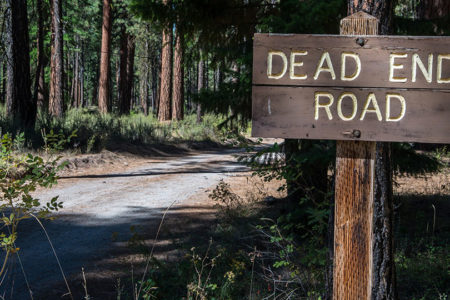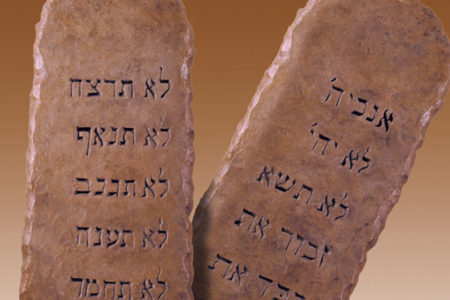Strike Three! You’re Safe!
Turn a few Americans loose anywhere in the world and what do you get? Baseball!
While most of the media in Iraq were chasing blood-and-guts stories in other parts of the country, soldiers from the Hawaii-based 25th Infantry Division’s 2nd Brigade were writing a new page of Iraqi history. A dusty soccer field that lay between a huddle of squat buildings from the Ottoman era was turned into a baseball diamond, and the ring of baseballs leaping off aluminum bats sent from America filled the air.
The teams were made up of 13- to 17-year-old boys from a village in northern Iraq. And with Humvees parked on both foul lines as flack-jacketed American GIs stood by and supervised, the game went on.
To most Americans, the contest between the gray-shirted Brusiks and the red-shirted Nawruz would seem a strange affair. Oh, there were kids raising clouds of dust as they slid into bases, chased balls, and lamented strikes called by the American umpire. Perhaps what was most interesting was the crowd of spectators standing around the edges of the field. Parents cheered wildly at the tagouts, base hits, and fly balls—whether or not they had a shred of an idea about what was going on.
Most of them did not. And the reason was simple: As far as anyone knew, this was the first ever game of baseball played in the country of Iraq.
“We’d like to welcome you to the first Iraqi baseball game,” U.S. Army Capt. Deron Haught, who also served as umpire, told the crowd of curious onlookers. With that announcement, the town’s mayor, in true baseball tradition, threw out the first pitch; and the fun began.
“We’ve never seen this before,” said a father who had one son on each team. When the game was over, he had to have been a happy man. He went home a winner no matter which team won. Incidentally, the Nawruz beat the Brusiks 10–7.
When all was said and done, hand-wringing parents and overly eager ballplayers walked off the field just as they do at youth-league games in thousands of ballparks across America. But that is precisely what made this game great. It was normal. A bunch of kids doing what they should be doing at this stage of their lives. For these young men, life had been more attuned to death, to seeing parents and relatives disappear in the night, than to chasing fly balls and swinging at pitches. And had the Americans and coalition forces not courageously intervened, these youngsters were destined, one way or another, to fall into saddam Hussein’s killing machines.
People who have come to expect a steady diet of bombs, murder, and mutilation via the nightly news need to be exposed to such positive developments as functioning hospitals; reopened schools; voting booths for free elections; and, yes, a field of sweaty kids enjoying a baseball game.
Is it worth it for free people to liberate the downtrodden from torture chambers, rape rooms, shredders, mass murders, and constant fear? If you value the freedom you and yours enjoy, it is. If you can see past the political demagoguery that calls it a mistake to take down the butchers of rogue regimes, it is. If you have an iota of com-passion for innocent men, women, and children who daily live on the wrong side of the guns or food supplies, it is.
Which brings us back to a baseball game in a dusty backwater village in Iraq. It was a significant event—a story that should be told. Why? Because the ring of those bats in the evening air proclaimed a message of hope—of a different future than any of those youngsters had known possible. At long last, they have a future.
And when Capt. Haught yelled, “strike three, you’re out!” one could speculate that he was actually saying something far different: “strike three, you’re safe! And we’re here to see to it that you stay that way.”







